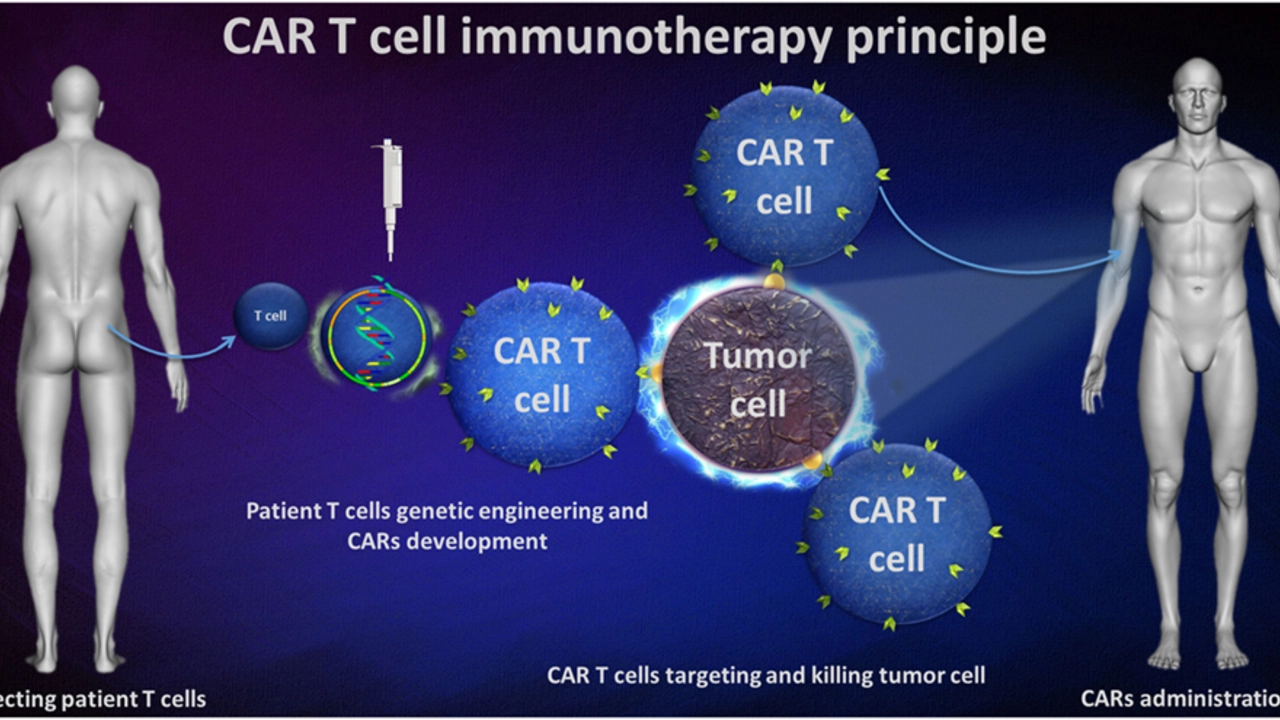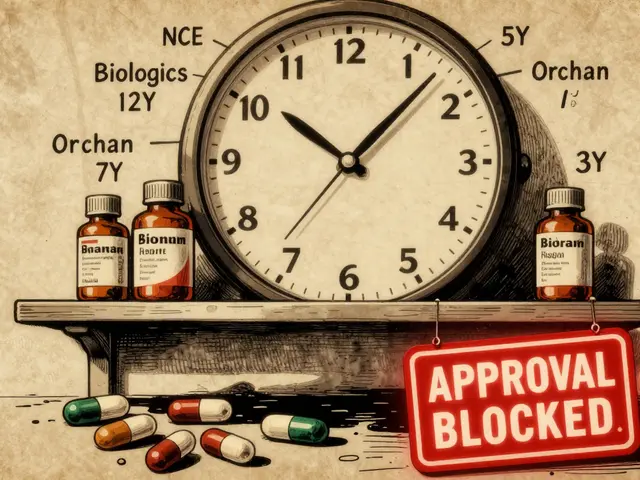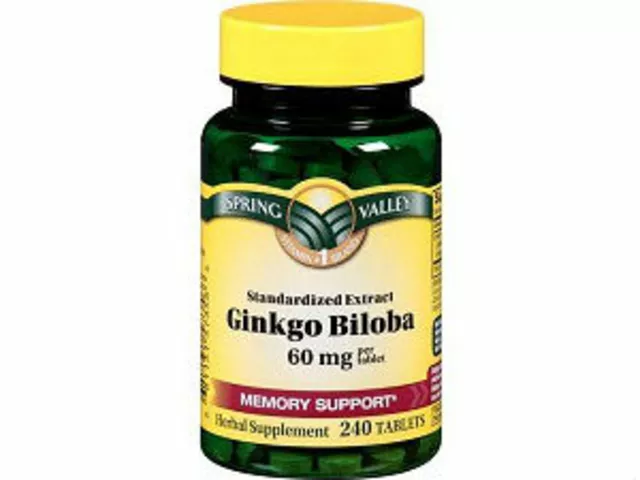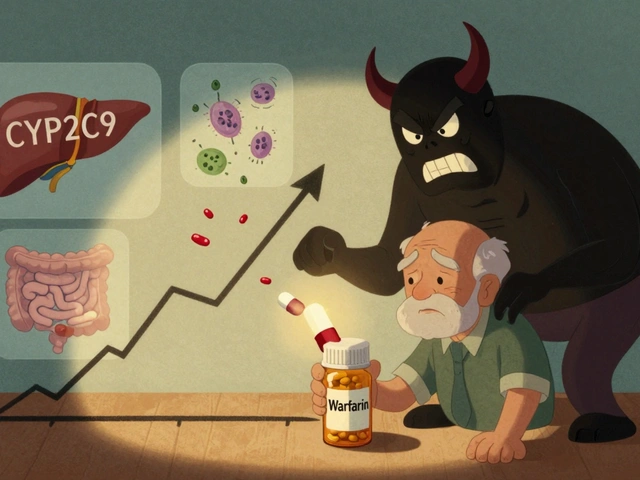The Importance of a Strong Support Network for Cell Lymphoma Patients
Understanding Cell Lymphoma
Before we delve into the importance of a strong support network for cell lymphoma patients, it's vital that we first have a clear understanding of what cell lymphoma is. Cell lymphoma is a type of cancer that originates in the lymphatic system, an integral part of our immune system. This disease can be quite aggressive and progress rapidly, if not treated early. The diagnosis often comes as a shock to many and can be emotionally draining, leading to feelings of anxiety, fear, and depression. This is where the value of a strong support network comes into play.
Emotional Well-being and Mental Health
Being diagnosed with cell lymphoma is emotionally challenging. The fear of the unknown, coupled with the physical discomfort brought about by the disease and its treatment, can be overwhelming. A strong support network can help alleviate these feelings. When patients know they have people they can lean on for emotional support, it can significantly reduce stress levels and improve their mental health. Regular interaction with loved ones can provide a sense of normalcy and distraction from the disease.
The Role of Professional Support
Apart from family and friends, a strong support network also includes professional assistance. Oncologists, psychologists, and social workers play a critical role in helping patients navigate through their journey with cell lymphoma. These professionals can provide accurate information about the disease, treatment options, and strategies to manage side effects, thereby reducing fear and anxiety. Counseling sessions can also aid in addressing mental health issues that may arise during treatment.
Financial Support
The financial burden associated with cancer treatment can be daunting. A strong support network can help in this aspect as well. Family, friends, and community organizations can provide financial assistance, help with insurance matters, or even organize fundraisers to offset medical expenses. This kind of support can significantly alleviate financial stress, allowing the patient to focus more on recovery.
Physical Assistance and Care
Cell lymphoma patients often require physical assistance as the disease and its treatment can lead to fatigue and weakness. A strong support network can provide practical help, such as driving the patient to appointments, preparing meals, or helping with housekeeping. This physical assistance can significantly improve the patient's quality of life and allow them to rest and recuperate.
The Power of Support Groups
Support groups are another essential component of a strong support network. Connecting with others who are going through a similar experience can be incredibly comforting. It provides a platform to share fears, frustrations, and successes, learn from others' experiences, and gain practical advice. These groups can be in-person or online, offering accessibility and flexibility.
The Role of Self-Care in Recovery
Last but not least, a significant part of a strong support network is the patient's commitment to self-care. This includes following the treatment plan, eating a healthy diet, getting regular exercise, and getting adequate rest. It also involves engaging in activities that promote relaxation and reduce stress, such as yoga, meditation, or simply spending time in nature. Self-care is a crucial part of the recovery journey, and a strong support network can encourage and facilitate this.







17 Comments
Roberta Saettone
July 6, 2023 at 16:29
Oh, sure, because the biggest hurdle for a cell lymphoma patient is figuring out whether to call Aunt Marge or the oncology department for a hug. In reality, a solid support network acts like a safety net when the treatment roller‑coaster throws you upside‑down, and it’s not just about emotional pep talks – it’s logistical lifelines, financial spreadsheets, and that occasional reality check that says, ‘yes, you can survive this.’
Sue Berrymore
July 17, 2023 at 10:29
Every single day, you have the power to lift someone’s spirit with a quick text, a drive to chemo, or just sitting in silence while they breathe. The courage to keep pushing through fatigue is amplified when you know there’s a family member ready to bring soup, or a friend who’ll binge‑watch their favorite series together. Think of it as a team sport, and the trophy? A better quality of life.
Jeffrey Lee
July 28, 2023 at 04:29
Honestly, all this hype about "support networks" is just a way for hospitals to offload care onto strangers. People can read the pamphlet, get the meds, and stop whining about feelings. The US health system already does enough with its endless paperwork and insurance hoops – adding more "friends" just makes the bureaucratic mess bigger. If you want real help, look for a clinical trial, not a Facebook group.
Ian Parkin
August 7, 2023 at 22:29
Dearest fellow readers, I wish to convey, in the most courteous of tones, that the profound significance of communal assistance cannot be overstated. A network, meticulously cultivated, shall furnish both moral fortitude and practical succour, thereby ameliorating the arduous journey endured by those afflicted with such a grievous ailment.
Julia Odom
August 18, 2023 at 16:29
While the article elegantly outlines the myriad ways a support system can aid a patient, it is equally vital to recognize the subtle artistry behind each act of kindness. Whether it is a thoughtfully prepared meal or the gentle reminder to take medication, these gestures compose a symphony of care that resonates deeply within the heart of the afflicted.
Danielle Knox
August 29, 2023 at 10:29
Oh yeah, because rolling out a support group is practically the same as getting a Nobel Prize. Why not just throw a glitter party while we’re at it? The aristocracy of compassion, if you will-nothing like a little pretentiousness to sweeten the bitter pills.
Mark Evans
September 9, 2023 at 04:29
I hear you all, and I’m here to say that every handshake, every shared laugh, and every quiet moment of listening can be a lifeline. Let’s keep the conversation open and make sure no one feels they have to go through this alone.
Megan C.
September 19, 2023 at 22:29
Let’s be crystal clear: when you flaunt your “support network” on social media, you’re essentially moral‑posturing. Real support means showing up at 2 a.m., not curating an Instagram story about it. Those who truly care understand that sacrifice is quieter than a caption.
Greg McKinney
September 30, 2023 at 16:29
Sure, the article paints a rosy picture, but let’s not forget that many support groups are just echo chambers. People tend to brag about their feel‑good vibes while ignoring the ugly realities of treatment side‑effects. A little skepticism never hurt anyone.
Dawna Rand
October 11, 2023 at 10:29
💪💙 Nothing beats the power of a community that celebrates even the tiniest milestones! From sharing a favorite playlist to cooking a hearty broth, every act of love adds up. Keep those positive vibes flowing, and remember: you’re never truly alone on this journey. 🌟
Effie Chen
October 22, 2023 at 04:29
It’s fascinating how cultural attitudes shape the way we approach caregiving. In many societies, extended families function as the primary support pillar, offering both emotional and logistical aid without formal titles. Recognizing these nuances can help us build more inclusive support structures.
rohit kulkarni
November 1, 2023 at 21:29
When one contemplates the labyrinthine pathways of disease, it becomes evident that the human condition is inextricably linked to the interplay of mind, body, and community; indeed, the very notion of a support network transcends mere logistical assistance, embodying a philosophical covenant between the afflicted and their caretakers. Consider, for instance, the ancient Stoic principle that suffering is mitigated by shared virtue, an axiom that resonates profoundly within modern oncology settings. The emotional scaffolding provided by friends and family does not merely alleviate anxiety; it reconstructs the patient’s narrative, allowing the individual to re‑author a story wherein adversity is not the terminal point but a pivotal chapter. Moreover, financial aid-often facilitated through communal fundraising or benevolent institutions-acts as a tangible manifestation of societal solidarity, reaffirming that the burden of illness is not shouldered in isolation. Psychological counsel, too, is a critical vector; the therapist’s role as an interlocutor of inner turmoil mirrors the age‑old therapeutic dialogues found in the Socratic method, fostering self‑reflection and resilience. In a world where medical technology advances at a breathtaking pace, we must not neglect the timeless wisdom that communal bonding serves as an antidote to the alienation engendered by sterile clinical environments. Thus, the synthesis of professional care and grassroots support cultivates a holistic healing paradigm, one wherein the patient’s physiological restoration is complemented by an enriched psychosocial ecosystem. Let us, therefore, celebrate the symphony of contributions-be they a warm meal, a listening ear, or a shared meditation-as indispensable notes in the concerto of recovery.
RONEY AHAMED
November 12, 2023 at 15:29
Sometimes just being there, even in silence, is the biggest help you can give. A quick coffee run or a simple check‑in can make a world of difference.
emma but call me ulfi
November 23, 2023 at 09:29
Hey, I’m all for creating safe spaces where folks can vent without judgment. Let’s keep the vibe chill and supportive.
George Gritzalas
December 4, 2023 at 03:29
Wow, another post about “support networks.” As if we needed a grammar lesson on how to spell "network" correctly. Seriously, folks, let’s focus on the real drama: why aren’t we getting more funding for research?
Alyssa Matarum
December 14, 2023 at 21:29
Support matters.
Lydia Conier
December 25, 2023 at 15:29
To everyone sharing resources and encouragement, thank you! Remember, it’s okay to ask for help even if you feel guilty about leaning on others. A balanced approach-mixing professional guidance, peer support, and self‑care-creates a resilient foundation that can adapt to the unpredictable twists of treatment. Let’s keep the conversation going and celebrate each small victory together.